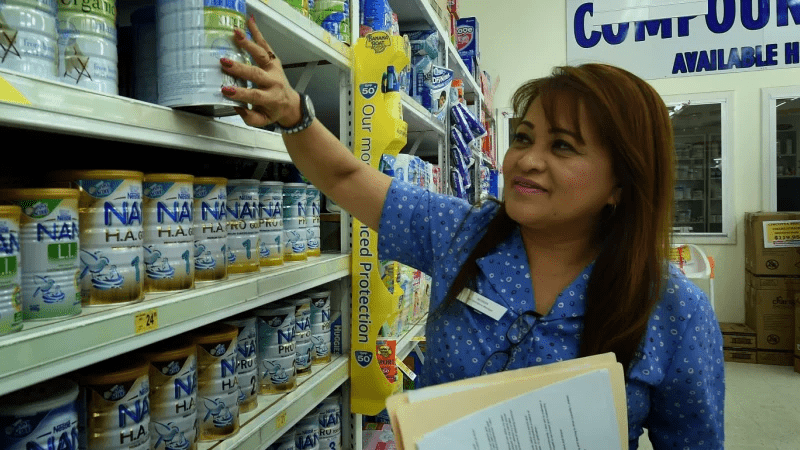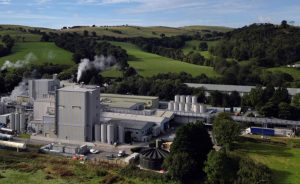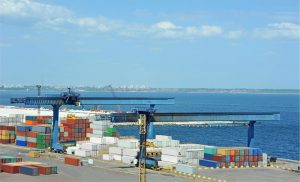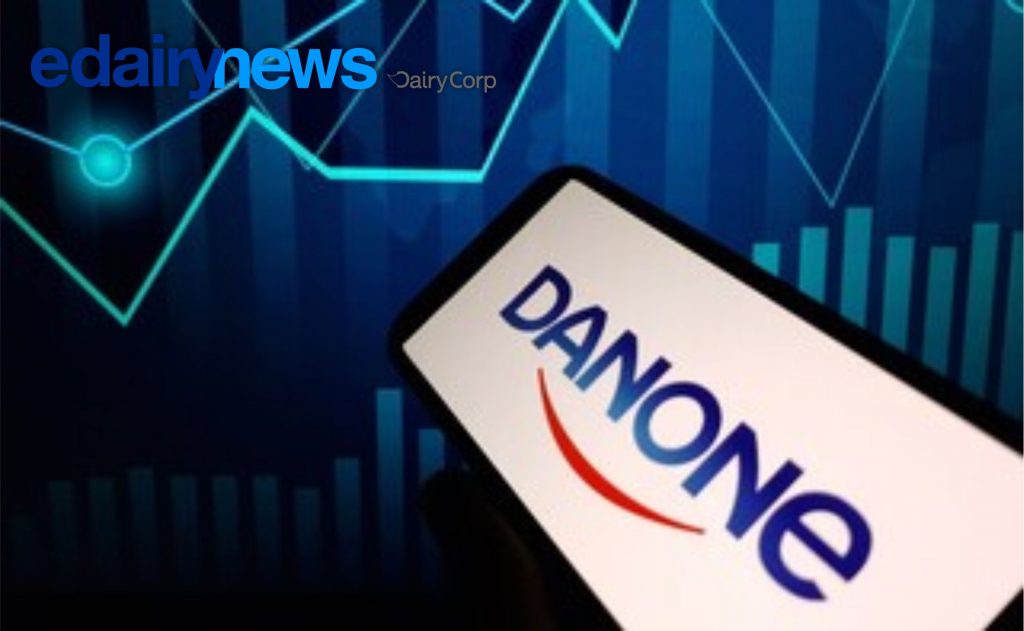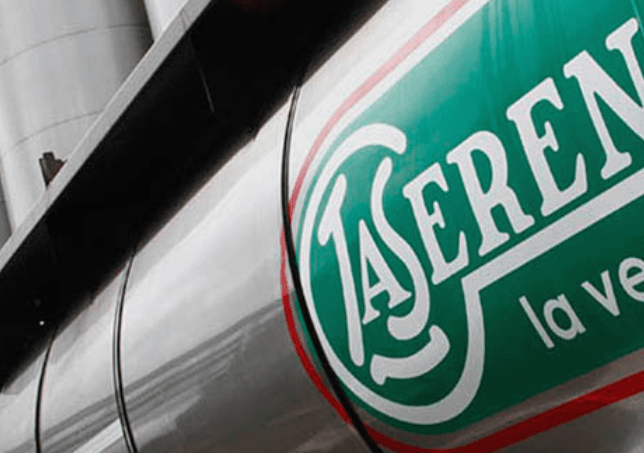Mr Frydenberg, who did not publicly announce he would block the deal amid rising geopolitical tensions between Australia and the Chinese Communist Party, quietly told Mengniu Dairy in August that it would not go ahead. The Chinese government-owned food company COFCO holds about a 16 per cent stake in Mengniu, which itself is listed in Hong Kong.
“I have been advised that Lion and Mengniu Dairy have mutually agreed to not proceed with the sale process,” Mr Frydenberg said on Tuesday. “This follows the communication of my preliminary view to Mengniu Dairy that the proposed acquisition would be contrary to the national interest.”
Mr Frydenberg has not elaborated on what components of the deal would be contrary to the national interest. There is no agricultural land involved in the deal and the Australian Competition and Consumer Commission, Foreign Investment Review Board and Treasury all approved the sale. Lion is already foreign owned by the giant Japanese brewer and food company Kirin, leading analysts to expect the sale would be waved through.
“We are disappointed with this outcome and will now consider pathways forward in relation to the Lion Dairy & Drinks business,” Lion said in a brief statement released on Tuesday morning.
Lion did not say if the business remained for sale or if it would be retained long term.
Mr Frydenberg last year approved an acquisition of baby formula producer Bellamy’s by Mengniu on the condition that a majority of directors be Australian citizens, the company keeps its headquarters in Australia for a decade and invests at least $12 million in infant milk formula processing facilities in Victoria.
But Australia’s relationship with the Chinese Communist Party has deteriorated significantly since then, leading to Beijing launching trade strikes on beef, barley, students, tourists and wine over the past five months after Australia raised concerns about its handling of the coronavirus and its crackdown on Hong Kong.
Lion, which owns brands including Dairy Farmers, Big M, Pura, Daily Juice and Berri through its dairy and drinks business, said the decision to cease the sale process had been “mutually agreed” by itself and Mengniu.
The company was hit by a major cyber attack in June that disrupted manufacturing and knocked out its internal IT systems.
Federal crossbench senators and MPs had earlier raised concerns about the proposed deal, warning Australia’s leading brands could become obligated to the Chinese government while reducing local supply of raw milk.
The company argued the sale would help Australian farmers by driving Mengniu’s growth in the Australian domestic market, while also accelerating the company’s aspirations in south-east Asia and China.
The retreat comes as the Morrison government begins consultations on draft legislation that will make permanent changes to the foreign investment framework. Temporary amendments were pushed through at the height of the pandemic in March. The government had become increasingly concerned about foreign takeovers of distressed local companies as the economy went into recession.
The new provisions will require the Treasurer’s approval for all foreign investments in sensitive national security land or businesses, regardless of value. They also subject foreign takeovers to enhanced monitoring and investigation powers with stronger enforcement penalties.

